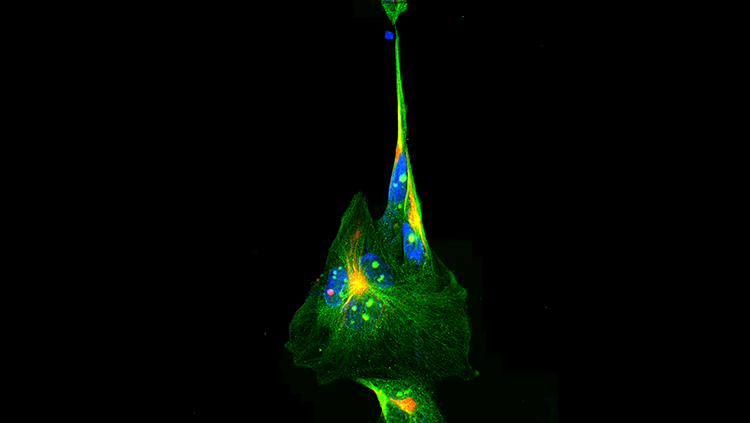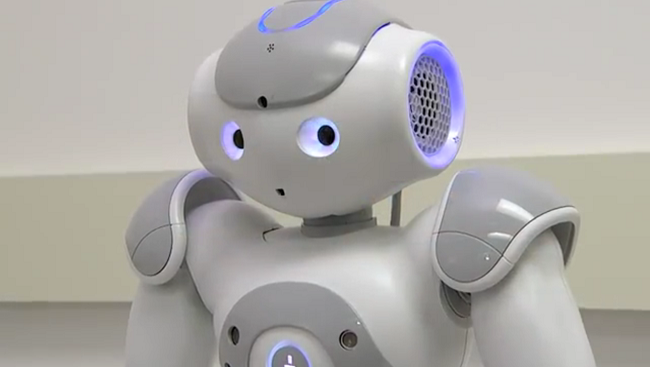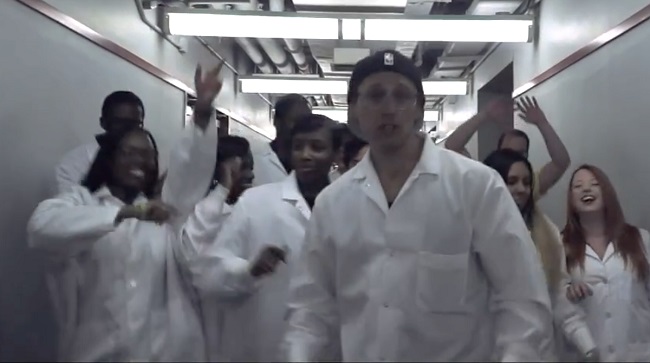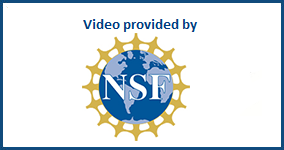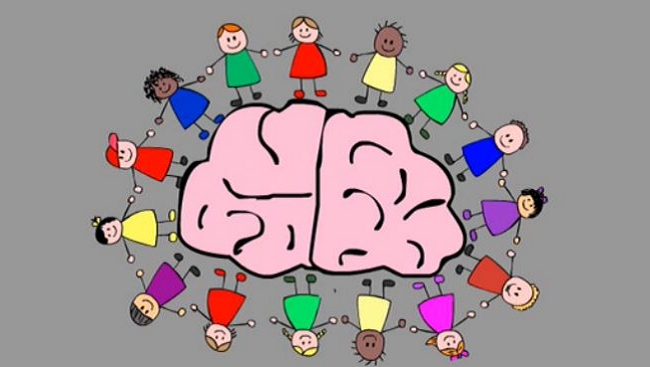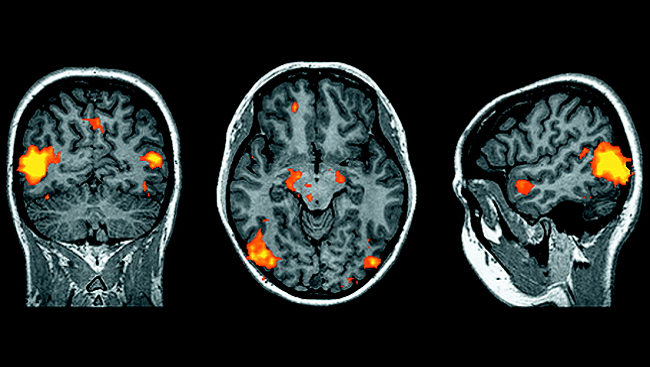Neuroscience of Responsibility and Punishment
- Published1 Apr 2012
- Reviewed1 Apr 2012
- Source BrainFacts/SfN
Neuroscience is teaching us about the neural substrates of human characteristics, such as anger, impulse control, and conscience. It is also giving us insight into the brain mechanisms of conditions such as addiction and other disorders that impair behavioral control.These discoveries will shed new light on traditional questions of personal responsibility.
Our understanding of the brain as the control center for all decisions and actions challenges the concept of free will as the basis for personal responsibility. As a result, questions emerge such as the following: If the brain is the source of all action, do we hold the person less responsible for his actions when the brain is damaged? Does antisocial behavior itself provide evidence of a maladapted or miswired brain, or do we need physical evidence of trauma or disease?
Neuroscience is not only interested in questions about criminal behavior, but also in questions about how more normal members of society create and enforce the laws that criminals violate. Some commentators think that increasing neuroscience knowledge may seriously challenge fundamental tenets of criminal law, while others foresee incremental changes that may lead to more just, accurate, and fair judgments. Neuroethics can help society think about how newfound knowledge of the brain as the basis of behavior may affect our ideas of the way society should function.
Predicting Behavior
Neuroimaging and genetic screening may enable us to predict behavior, personality, and disease with greater accuracy than ever before. Neuroimaging technology is also being researched and marketed for lie detection for consumer targets, including national security, employment screening, the legal system, and personal relationships. As individuals and members of groups, people have long been interested in predicting someone else’s behavior or detecting whether or not they are truthful.
Neuroscience technologies that enable more accurate assessment of behavior also raise important concerns about privacy and fairness that go beyond those in bioethics. For example: Will we be able to use imaging to measure intelligence? Empathy? Risk for violence? What degree of privacy do we expect to have over our thoughts? If someone has not yet committed a crime but shows inappropriate brain-based reactions, such as sexual responses to pictures of children, would we require further monitoring or even preventive detention? The neuroimaging detection of lying has the potential to have a major impact on society but will require careful controls and years of further research before its validity can be established. People lie for different reasons under different circumstances, not all lies cause harm, and even brain correlates of deception will never give us an objective determination of truth. Predicting individual behavior and determining truthfulness will be major areas of research in neuroimaging and behavioral neuroscience in the coming years, and neuroethics will face many challenges as technologies evolve.
CONTENT PROVIDED BY
BrainFacts/SfN
Also In Archives
Trending
Popular articles on BrainFacts.org


